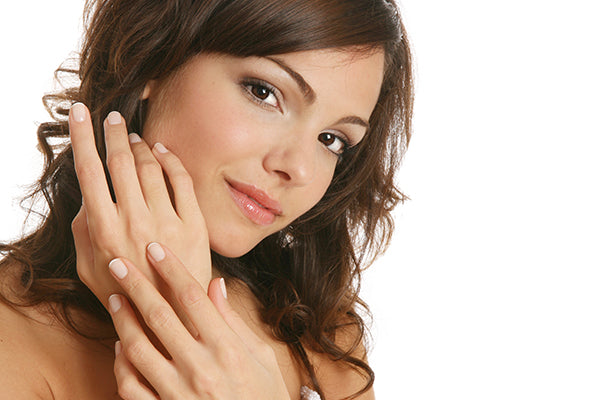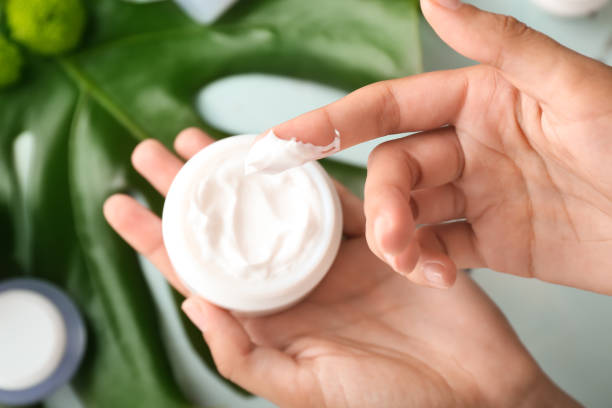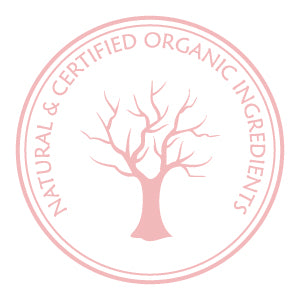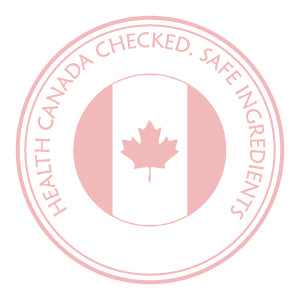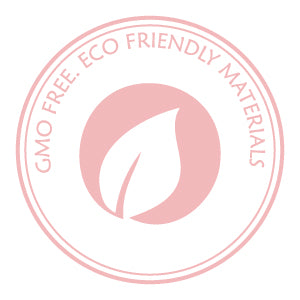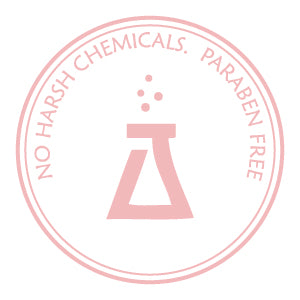Skin Aging And Hormones
Hormones are very important molecules that are involved in the regulation of many processes in our body. They are primarily made in our endocrine system and body organs to help control everything from reproduction, blood pressure, hunger, our body growth to skin pigmentation.

The functions of hormones are literally countless and while we could go on and on about the numerous tasks that they are responsible for, we would like to divert our attention to the few that are directly involved in the part of our body we are most interested in, the skin.
Hormones And Skin Health
Let's look at some of the hormones directly involved in helping skin maintain its structure and appearance. Some of the common changes brought about by hormones, specifically estrogen and testosterone, are well known. Whether from personal experience or not, we all know that hormonal changes are not always beneficial to our skin's appearance. Most of us will feel those changes at some point in our lives as we mature and age.

Estrogen and testosterone can be made from the same precursor, a substance called DHEA (dehydroepiandrosterone) in the adrenal gland. DHEA can be converted into testosterone and, eventually, estrogen in both men and women with the help of an enzyme called aromatase. Skin is among many organs containing aromatase and, therefore, is capable of producing both hormones.
Both testosterone and estrogen are present in the Epidermis (the outer layer of the skin), hair follicles, and the Sebaceous Glands. But it is the estrogen that plays the leading role in maintaining a healthy skin structure and rapid skin regeneration and healing in case of trauma.
Estrogen is actively involved in the synthesis of collagen, hyaluronic acid, and elastin by specialized cells called fibroblasts in the inner layer of the skin, the Dermis.
⦁ Collagen provides strength to skin by forming a robust fibrous structure.
⦁ Elastin provides skin with its elasticity.
⦁ Hyaluronic Acid has water binding properties and is responsible for keeping skin hydrated.

This combination of substances in the Dermis is responsible for the wrinkle-free, plump, and moisturized appearance of our skin. As you might have guessed, the decrease in estrogen levels has a direct relation to the age-induced changes associated with aging skin such as wrinkles, skin thinning, and lack of hydration.
Skin Issues Caused By Hormones
While hormones keep skin young and healthy, they can also cause trouble!
Acne
Acne is most common during puberty when there is an increased production of hormones but can often start unexpectedly at any age as our hormone levels change.
Sebum production is partly regulated by testosterone. Sebaceous Glands in the skin increase the production of sebum in response to high levels of testosterone.
Acne is caused by increased numbers in bacteria such as Propionibacterium Acnes. These bacteria feed on sebum causing inflammation and pimples, typical symptoms associated with acne.
Acne Symptoms
Whiteheads are closed pores, which have been plugged with dead skin cells and sebum.
Blackheads are open plugged pores filled with dirt, sebum, and dead skin cells.
Papules are red and often tender bumps on the surface of the skin.
Pustules are common pimples and are papules filled with pus.
Nodules can be quite large and painful lumps under the skin without pus.
Cystic Lesions are a sign of probably the most extreme form of acne known as Cystic Acne, which manifests in painful and pus-filled lumps under the skin. 
Testosterone, in addition to often being the culprit of the development of acne, also prolongs inflammation thus making acne symptoms even worse.
Estrogen, on the contrary, reduces the inflammatory symptoms of acne, hence the lessened signs of acne if you have been prescribed contraceptives or other forms of medication containing estrogen.
The following issues related to hormonal disturbances and changes may not be necessarily skin related but are also cosmetic in nature.
Androgenic Alopecia
Androgenic Alopecia is hair loss on the head caused by hair follicle sensitivity to testosterone. Testosterone shrinks the follicle resulting in gradual hair thinning and, eventually, complete loss. It is more common in men than in women and is often genetically determined.
Alopecia in women can also start during menopause as estrogen and progesterone levels decrease. Lower levels of these hormones, which promote hair growth and longevity, trigger testosterone production thus thinning hair on the head while increasing unwanted hair growth on the face.
Hirsutism
Hirsutism is a condition caused by high levels of testosterone in women that causes excess body hair growth in a male like pattern on the back, chest, and face.
Hirsutism is a symptom of a more serious hormonal imbalance rather than the result of normal developmental or age-related changes.
Skin Aging And Hormone Levels
As we age, the levels of estrogen and testosterone decrease. In women, menopause causes drastic and rapid decline in estrogen levels and its associated symptoms. Women can expect to see skin thinning and wrinkles as a result of the diminished collagen structure and an increase in skin dryness, possibly because of lower amounts of hyaluronic acid in the Dermis.
In men, the decrease in testosterone levels known as andropause is much more gradual but starts at a much younger age.
Skin Aging and Replacement Therapy
That leads to the question whether replacing these hormones would bring back the youthful appearance of skin and improve collagen, elastin, and hyaluronic acid structure.
Studies have shown that estrogen, when applied topically, may slightly improve skin thickness and collagen levels. The water retention in the skin may also be improved when estrogen is administered but the mechanism of this effect and whether there are any improvements in hyaluronic acid levels is not clear.
The risks associated with hormone replacement therapy may outweigh the minor improvements in skin texture and hydration levels.
Patients with severe menopause symptoms may temporarily benefit from the supplements in order to alleviate symptoms. The results of treatment of skin aging related symptoms, however, are somewhat controversial and are continuously being assessed.
Resources:
https://www.medicalnewstoday.com/articles/313084
https://www.atsjournals.org/doi/full/10.1164/rccm.201512-2541ED

